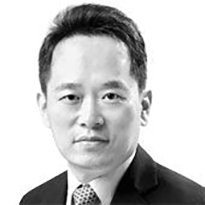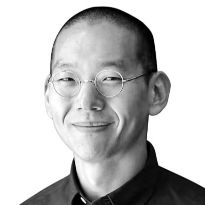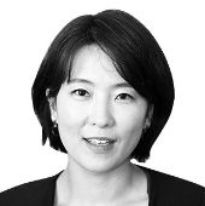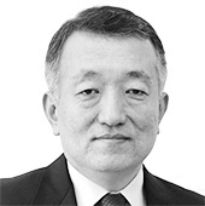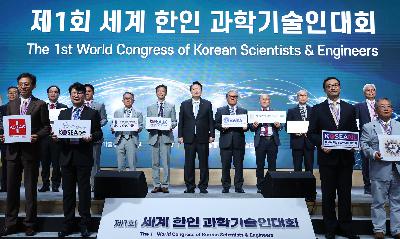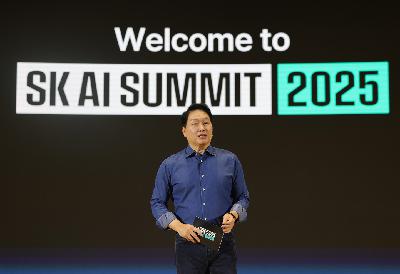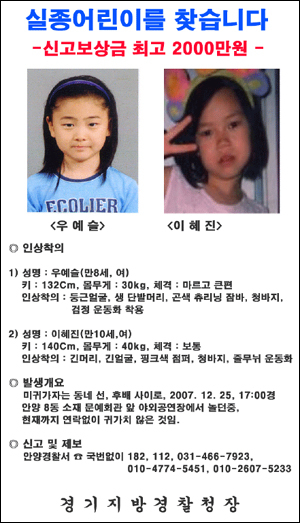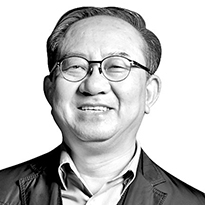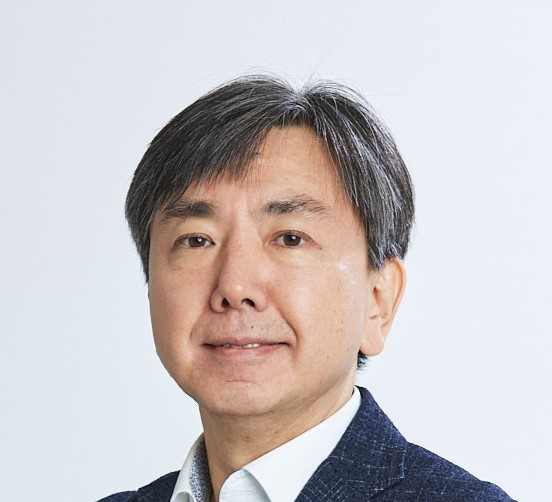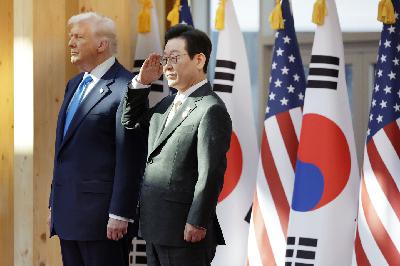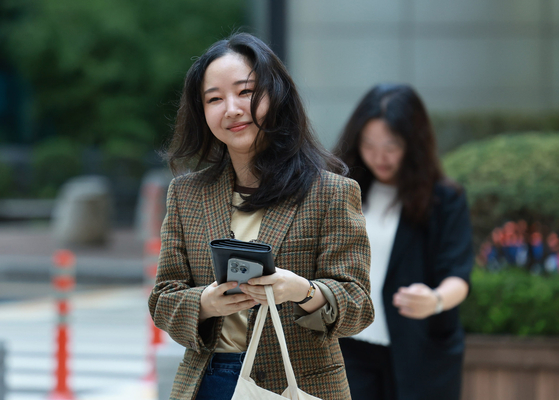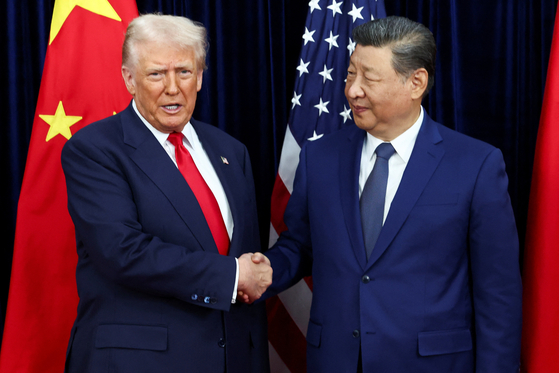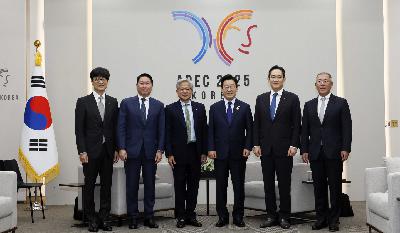What lies behind Prime Minister Takaichi’s shift to pragmatism
Update: 2025-11-02
Description
Kim Dong-ho
The author is an editorial writer at the JoongAng Ilbo.
Japan's new prime minister, Takaichi Sanae, has long been seen as one of the country's leading conservative hard-liners. She has visited the Yasukuni Shrine and questioned Japan's wartime aggression. The pride once rooted in imperial expansion across Asia and the Pacific and the postwar era when Japan became the world's second-largest economy continues to shape the mindset of Japan's nationalist right.
Often called the "female Abe," Takaichi has claimed the legacy of former Prime Minister Abe Shinzo, saying she still dreams of him and sees herself as his successor. While Abe promoted a "beautiful Japan" to restore national pride, Takaichi has championed a "strong Japan," seeking to revive a stagnant economy and revise the pacifist Constitution to formalize the Self-Defense Forces as a full-fledged military. She has supported strengthening Japan's counterstrike capabilities and has not ruled out discussions on nuclear-powered submarines.
Her nationalist views were evident early in her political career. In 1994, as a first-term lawmaker, she confronted then-Prime Minister Murayama Tomiichi over Japan's wartime apologies, questioning whether a prime minister could repudiate "state decisions" made half a century earlier. In a 30-minute exchange, she showed no acknowledgment of Japan's historical responsibility for colonial rule or invasion.
In 2022, she remarked that "wavering over Yasukuni Shrine visits only encourages others to climb higher," using language that reflected a sense of superiority rooted in Japan's imperial past. Critics say such attitudes stem from Japan's postwar failure to fully educate younger generations about its aggression and colonial history. Instead, they are more familiar with the glory years of the Showa era from 1926 to 1989, when Japan was a military and economic power. Born in 1961, Takaichi belongs to the same generation as Abe, one that experienced that peak firsthand.
But the Japan she now leads faces sobering realities. Its economy is projected to fall behind India's next year, slipping to fifth in global rankings. Per capita income has already dropped below Korea's. Public debt has reached 234 percent of GDP. Key industries such as semiconductors have been overtaken by Korea and Taiwan. What remains of imperial pride is not matched by national strength.
In this context, Takaichi's outreach to Korea reflects pragmatic necessity. At her inauguration, she surprised many by saying she eats Korean seaweed, uses Korean cosmetics and watches Korean dramas. For a politician from the nationalist right, this was unusual. But Japan can no longer ignore Korea amid China's military rise, North Korea's nuclear threat and U.S. tariff pressure. Stock prices have surged, but a weak yen and rising prices complicate economic management.
Last month, Takaichi proposed to U.S. President Donald Trump the creation of a "Japan-U.S. golden age," calling for deeper alignment in the face of growing cooperation among North Korea, China and Russia. She also referred to Korea as an "important neighbor and partner in addressing global challenges." The recognition is clear: without strong trilateral cooperation, Japan's security strategy loses momentum.
Just before taking office, she refrained from visiting Yasukuni Shrine in person and sent offerings instead. This does not mean her views have softened, but rather signals political adaptability. The New York Times described her as difficult to categorize, noting her unusual personal path: working part-time to attend university against her parents' wishes, playing drums, riding motorcycles, working as a TV announcer, studying at the Matsushita Institute and interning in the U.S. Congress. Unlike many politicians from hereditary backgrounds, she broke through political barriers on her third attempt at the premiership.
Yet questions remain. Has political pragmatism changed her convictions? If Korea falters e...
Comments
In Channel

